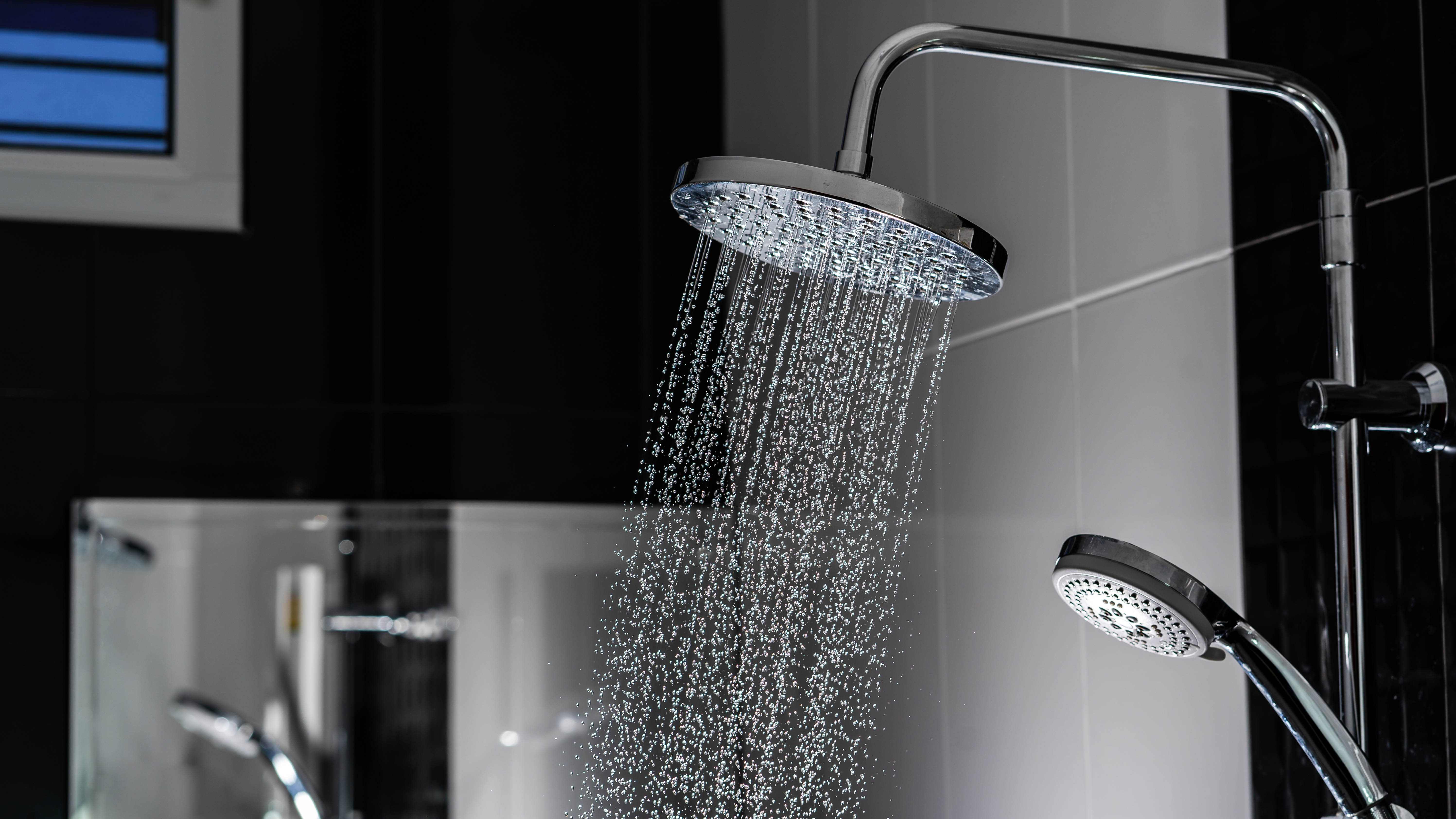Hay fever keeping you up? Doctor shares 7 tips on how to sleep with allergies
Simple changes can prevent hay fever from ruining your sleep
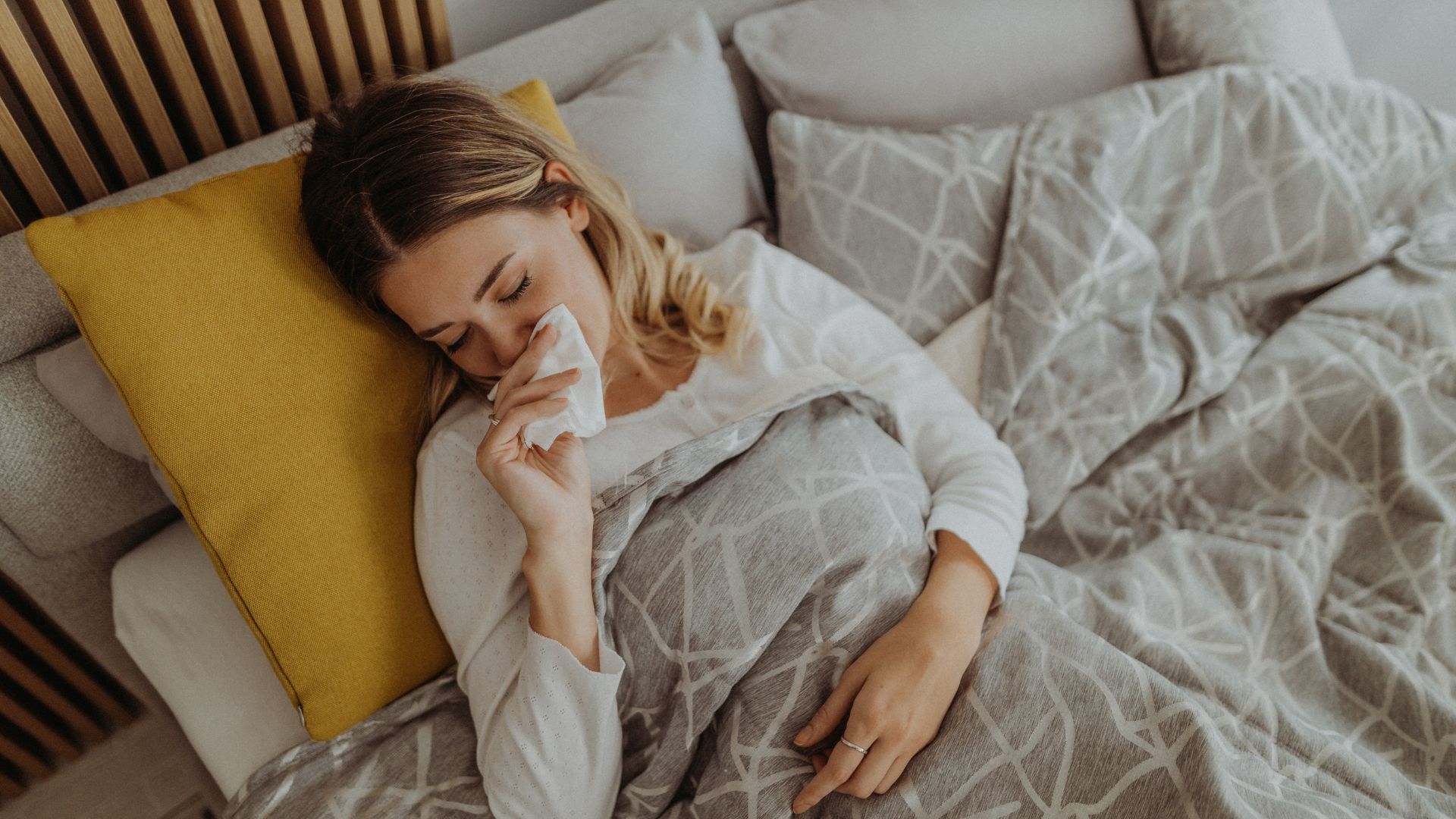
Spring has officially arrived to make our days brighter, but that means hay fever season has also arrived which can make our nights sleepless.
But why do allergies make it harder to fall asleep, and how can you stop hay fever from ruining your rest?
"Allergies can hit hard, especially at night," says Dr Tim Mercer, NHS physician at Opera Beds. “For many, that means disrupted sleep, itchy eyes, and endless sneezing."
Fortunately, there are a number of things you can do to alleviate allergy symptoms, and enjoy a good night's sleep. We've asked Dr Mercer for his best advice on how to sleep with hay fever, and here are seven of his top tips.
What is hay fever and how does it affect sleep?
As explained by Mayo Clinic, hay fever isn't a virus, but a type of allergic reaction to harmless substances that your body perceives as harmful.
Hay fever symptoms can include a runny nose, itchy eyes, and congestion, and can be triggered by allergens such as pet dander, pollen, or dust mites.
"The most common hay fever trigger is grass pollen, however, there are as many as 30 different pollens that can be spread by wind and insects," explains Dr Mercer.
Sign up to get the BEST of Tom's Guide direct to your inbox.
Get instant access to breaking news, the hottest reviews, great deals and helpful tips.
"When we breathe in allergens like pollen or dust mites, our immune system overreacts, releasing histamine."
Okay, so if these substances are harmless, then why can they ruin our sleep and cause these cold-like symptoms?
"The release of histamine triggers symptoms like congestion, sneezing, and watery eyes," the physician tells us.
"Histamine levels naturally peak at night, making symptoms worse just when we're trying to sleep. Pollen also clings to clothes, hair, and bedding, creating an invisible storm of irritation."
5 tips on how to sleep with hay fever
1. Switch to evening showers
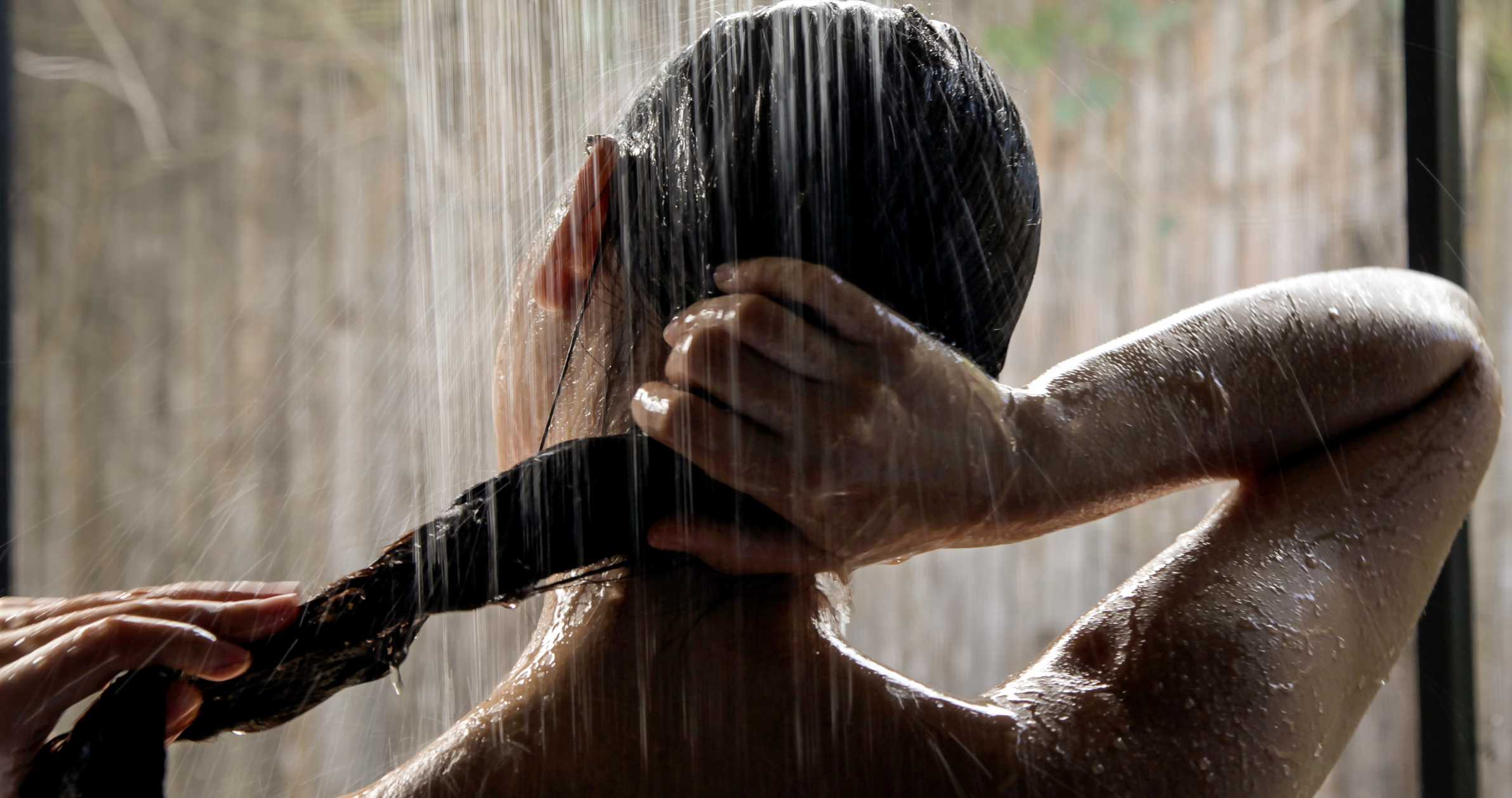
Enjoy having a refreshing morning shower to kick-start your day? Dr Mercer suggests you you may want to switch to a relaxing shower to end your day instead.
By not showering at the end of the day, you're taking all the allergens you've gathered throughout the day to bed with you.
"You can shower before bed to wash off pollen, stopping it from transferring to your pillow," he advises.
2. Use silk pillowcases
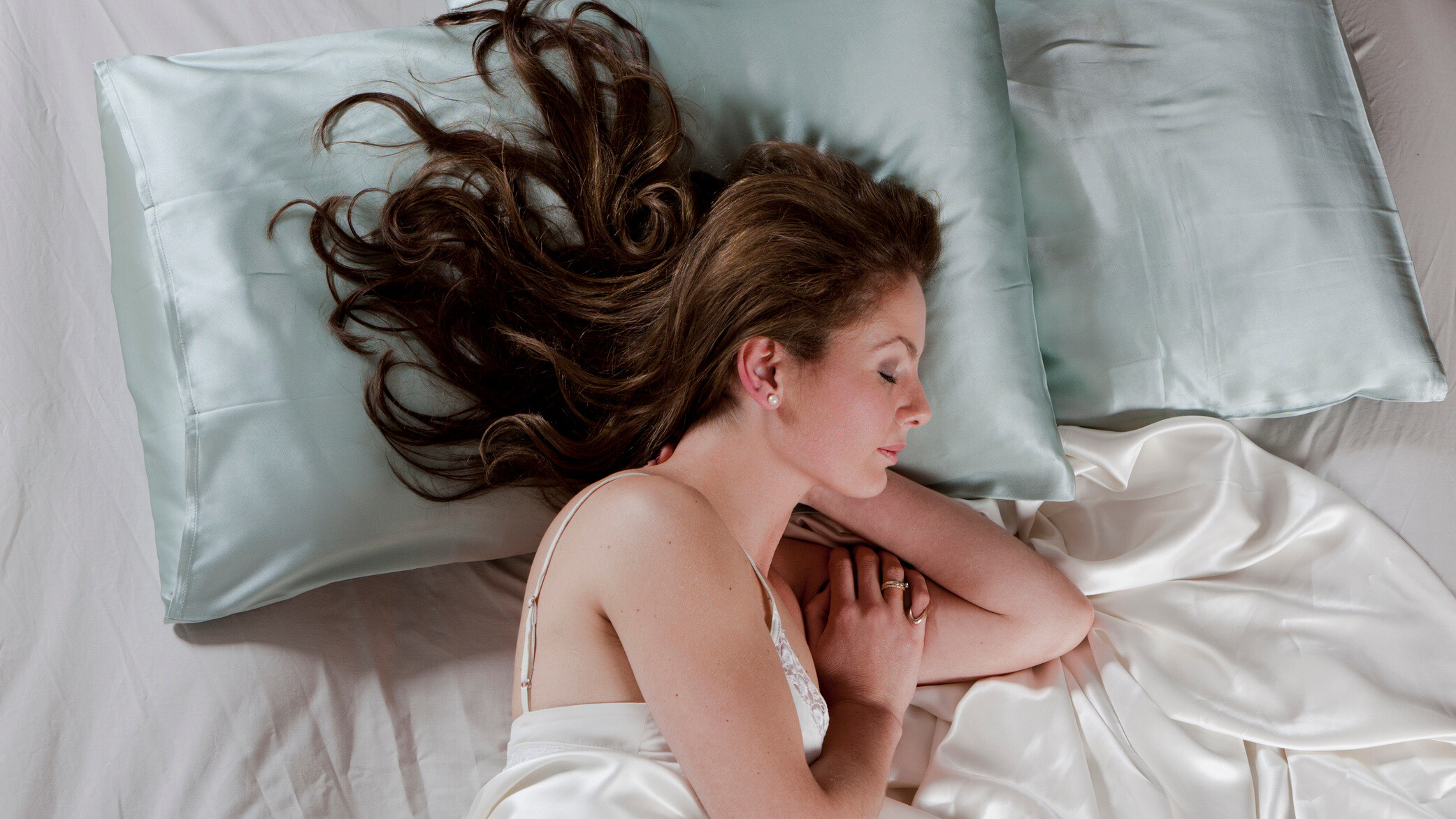
Speaking of pillows, you should rethink about the type of material you're encasing yours in.
"Silk pillowcases can help prevent allergens like dust mites from accumulating," says Dr Mercer. "They are less likely to attract and hold onto allergens than cotton."
You should also consider giving your pillows and pillow cases a wash if it's been a while.
3. Drink decaff green tea and avoid alcohol

While chamomile is one of the best teas to drink for better sleep, you can try decaffeinated green tea to keep your body from reacting to allergens.
"Green tea has natural antihistamine and anti-inflammatory properties that may help relieve hay fever symptoms such as sneezing and watery eyes," Dr Mercer explains.
Just make sure that you only choose decaff green tea because green tea and sleep do not mix well, thanks to the naturally occurring caffeine.
4. Give essential oils a try
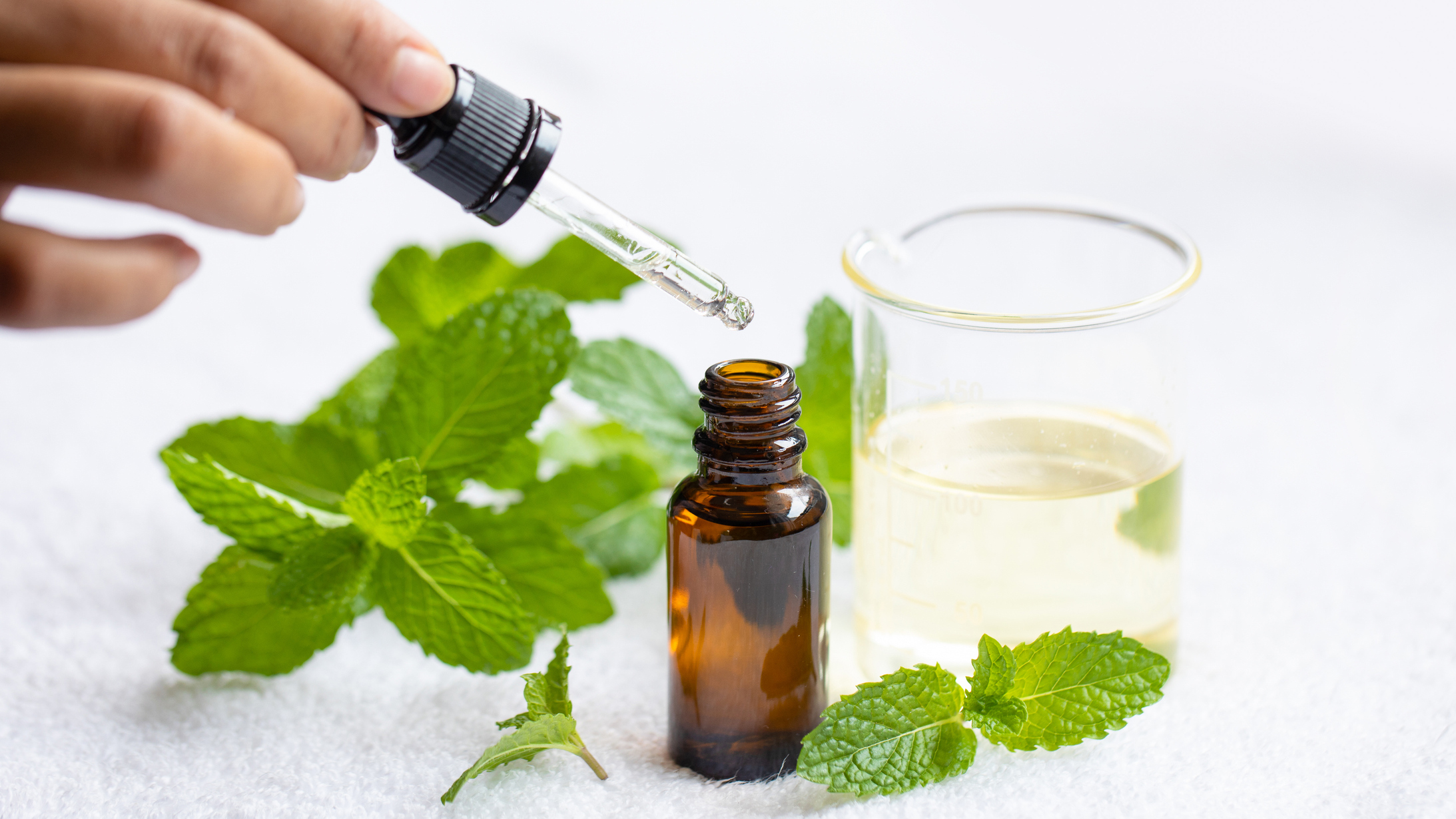
Dr Mercer suggests you can also turn to aromatherapy to relieve your symptoms and get a good night's sleep.
"Certain essential oils, such as eucalyptus or peppermint, have natural decongestant properties and can help clear your nasal passages," the health expert tells us.
"You can diffuse these oils in your bedroom or apply them topically (diluted with a carrier oil) before bed."
5. Wash bedding an vacuum bedding regularly
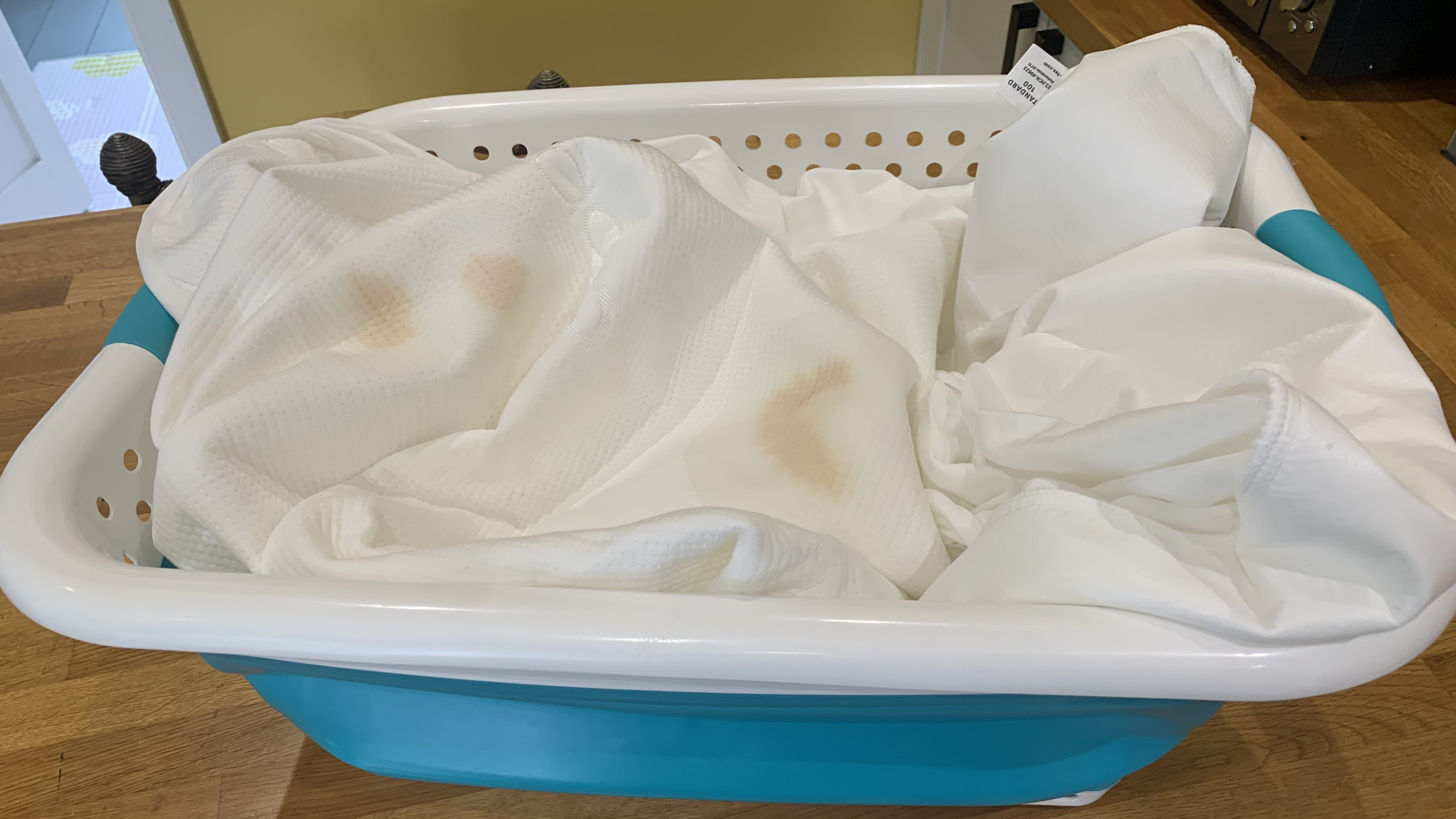
"To sleep better during allergy season, now is the time to begin to ‘allergy proof’ your home," advises Dr Mercer.
"A few simple changes like vacuuming more regularly and washing bedding at 60°C can limit exposure to pollen and dust mites."
If you want to start spring cleaning the bedroom allergens away, check out our guides on how to deep clean your mattress to get rid of allergies and how to spring clean your pillows and bed sheets.
6. Chew gum before bed
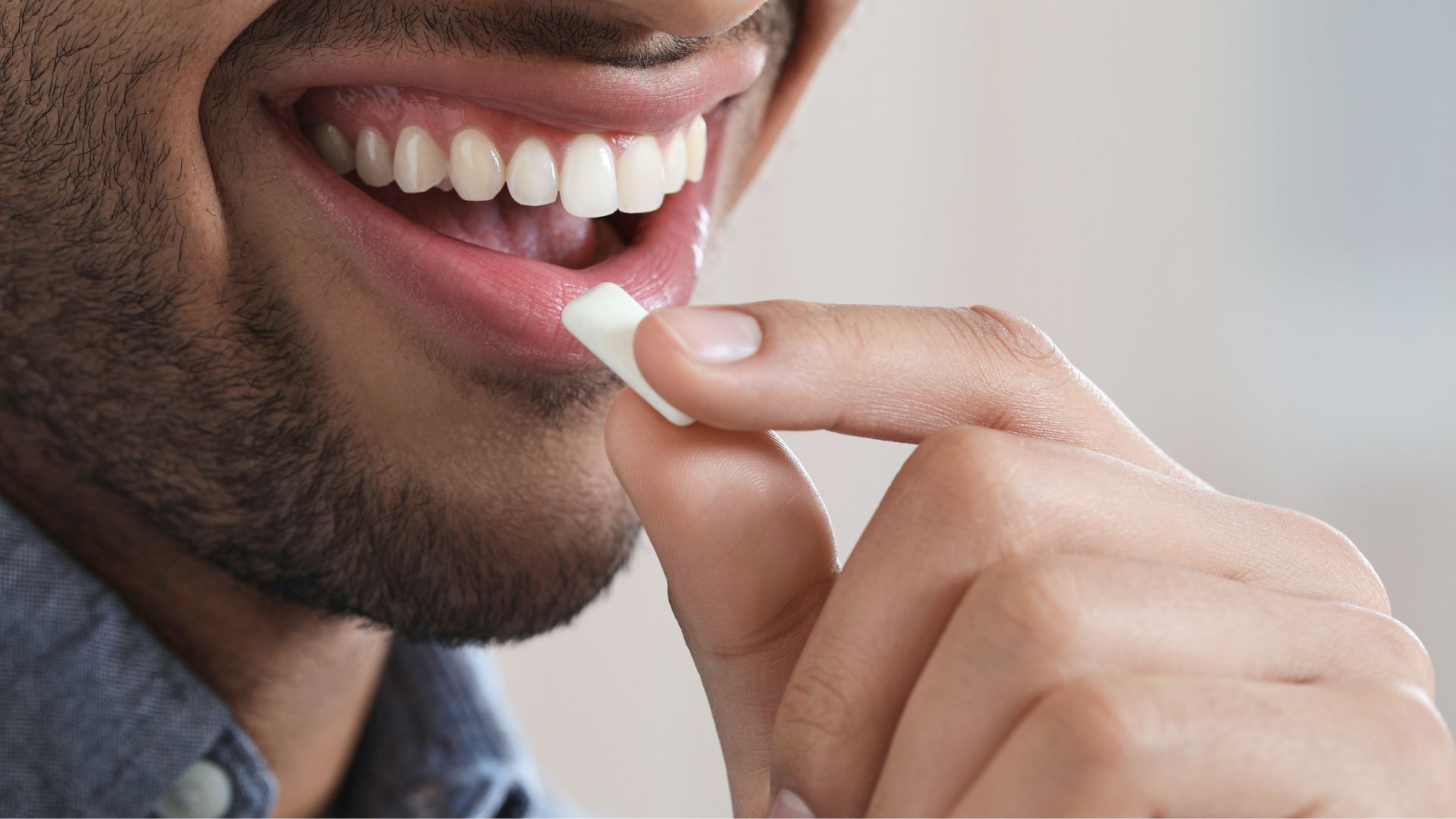
If you want to freshen up after your evening meal and help ward off hay fever at the same time, you might want to reach for the minty gum.
"Chewing gum before bed may help clear nasal passages and reduce congestion by promoting saliva production and swallowing, which can help flush out allergens," Dr Mercer explains.
7. Close bedroom windows
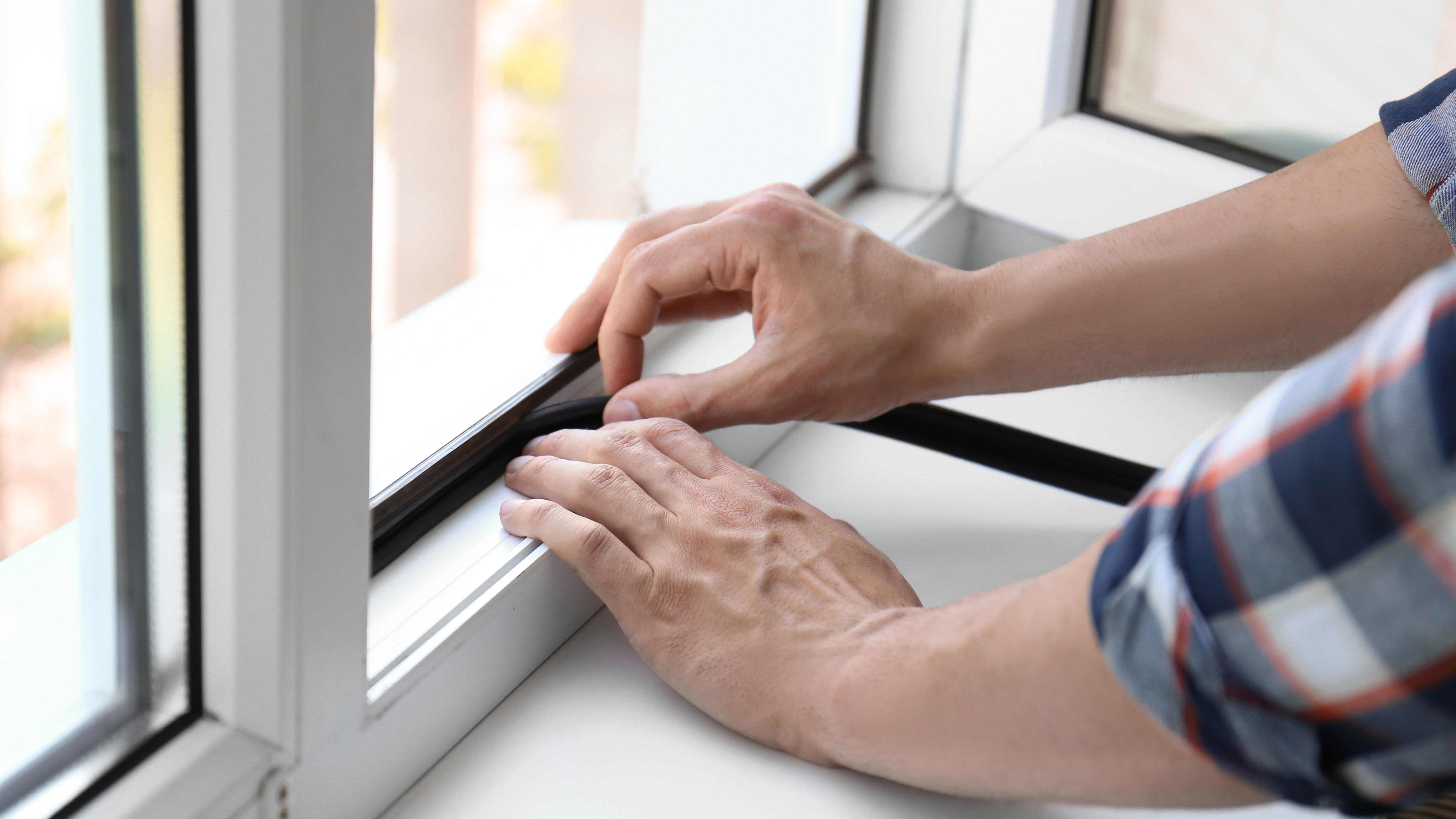
As the weather gets warmer, you may be tempted to open the window to let in a cooling breeze. However, you may also be letting in grass pollen if you don't time it right.
"Open windows let pollen straight in," Mercer warns. "When it's sunny, the pollen count is highest in the early evening which is worse for symptoms."

Frances Daniels is a PPA-accredited journalist and Sleep Staff Writer at Tom's Guide with an MA in Magazine Journalism from Cardiff University. Her role includes covering mattress and sleep news and writing sleep product reviews and buyer's guides, including our Best Hybrid Mattress 2025 guide. She is hugely interested in the relationship between good sleep and overall health, interviewing a wide array of mattress and sleep experts to create well-informed articles about important topics such as nutrition, sleep disorders (from sleep apnea to night terrors), lucid dreaming, sleep hygiene, and mattress care. She is also our specialist on mattress toppers — producing mattress topper reviews and taking care of our Best Mattress Toppers 2025 guide — and takes the lead on all content related to fiberglass-free mattresses for a clean, non-toxic sleep. Outside of Tom's Guide, she has written for Ideal Home, Homes & Gardens, and Marie Claire.
You must confirm your public display name before commenting
Please logout and then login again, you will then be prompted to enter your display name.
